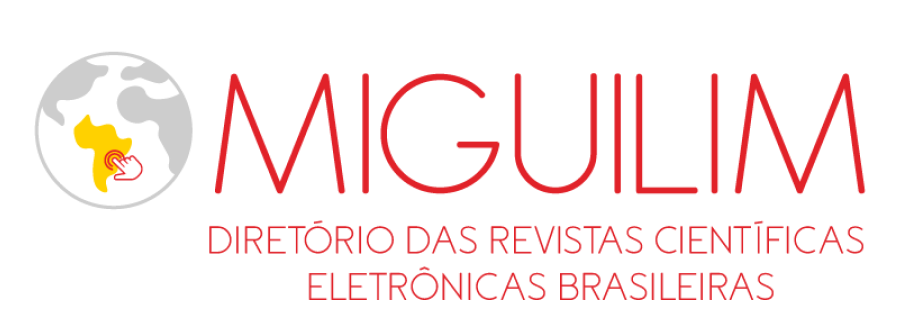Relevance of information systems and data mining in the health system: urgency and emergency
urgência e emergência
DOI:
https://doi.org/10.5281/zenodo.15306896Keywords:
Knowledge discovery, Decision making, Urgency and EmergencyAbstract
The information coming from data in the medical area is a challenging process, mainly due to the absence and obtaining of knowledge through them, besides the complexity in the treatment of these data. From the data, essential information is obtained for making decisions. In this perspective, information is an essential object in the health area, especially in the issue of urgency and emergency care. Data mining is the process of finding patterns and correlations in large datasets to predict results. Data mining employs a wide variety of data-driven techniques for a wide range of purposes. This study aims to evaluate if the application of data mining techniques, in the databases of hospital institutions that provide urgency and emergency, care can provide the acquisition of relevant knowledge that can be used for medical decision making. The method used to form the conclusions was deductive, since it is based on previous observations and knowledge established by the existing bibliographic repertoire. In terms of technical procedures, it was used of the bibliographic research through searches carried out in Google Scholar. The results of the research show that data mining is a promising technology, but its application in the urgency and emergency health system, in respect to decision support on health professionals, is still very low at the present time, revealing a greater targeting in systems focused on administrative areas.
Downloads
References
BAPTISTA, M. N.; CAMPOS, D. C. DE. Metodologia de Pesquisa em Ciências: análises quantitativas e qualitativas. 2. ed. Rio de Janeiro: LTC, 2018.
CASTRO, L. N. DE; FERRARI, D. G. Introdução à Mineração de Dados: Conceitos básicos, algoritmos e aplicações. São Paulo: Saraiva, 2016.
CHILD, J. Organização - Princípios e Práticas Conteporâneas. São Paulo: Saraiva, 2012.
CÔRTES, P. L. Administração de Sistemas de Informação. São Paulo: Saraiva, 2016.
DAVENPORT, T. H. Big Data no Trabalho - Derrubando Mitos e Descobrindo Oportunidades. Rio de Janeiro: Alta Books, 2017.
DRUCKER, P. F. Drucker - O homem que Inventou a Administração. 2 Ed ed. São Paulo: Elsevier, 2006.
FERNANDES, R. T. P. Enfermagem Emergência e Urgência. Brasilia: Editora NT, 2014.
GIL, A. C. Como Elaborar Projetos de Pesquisa. 4. ed. São Paulo: Atlas, 2002.
ISHRAK, C.; KAPLAN, R.; BOWER, M. Costs and Outcomes in Health Care. Harvard Business Review, 2016.
MALAGÓNO-LONDOÑ, G.; LAVERDE, G. P.; LONDOÑO, J. R. Gestão Hospitalar - Para uma administração eficaz. 4. ed. Rio de Janeiro: Guanabara Koogan Editora da GEN - Grupo Editorial Nacional, 2016.
PORTER, M. E.; TEISBERG, E. O. Redefining Health Care: Creating Value-Based Competition on Results. Boston - Massachusetts: Harvard Business School Press, 2016.
SAHNI, N. R. et al. Como a TI pode Transformar os Cuidados de Saúde. Harvard Business Review Brasil, 2018.
STAIR, R. M.; REYNOLDS, G. W. Princípios de Sistemas de Informação. 11. ed. São Paulo: Cengage, 2016.
Published
How to Cite
Issue
Section
Copyright (c) 2020 Revista Processando o Saber

This work is licensed under a Creative Commons Attribution 4.0 International License.
Os direitos autorais dos artigos publicados pertencem à Revista Processando o Saber e seguem o padrão Creative Commons (CC BY), que permite o remixe, adaptação e criação de obras derivadas do original, mesmo para fins comerciais. As novas obras devem conter menção ao(s) autor(es) nos créditos.























